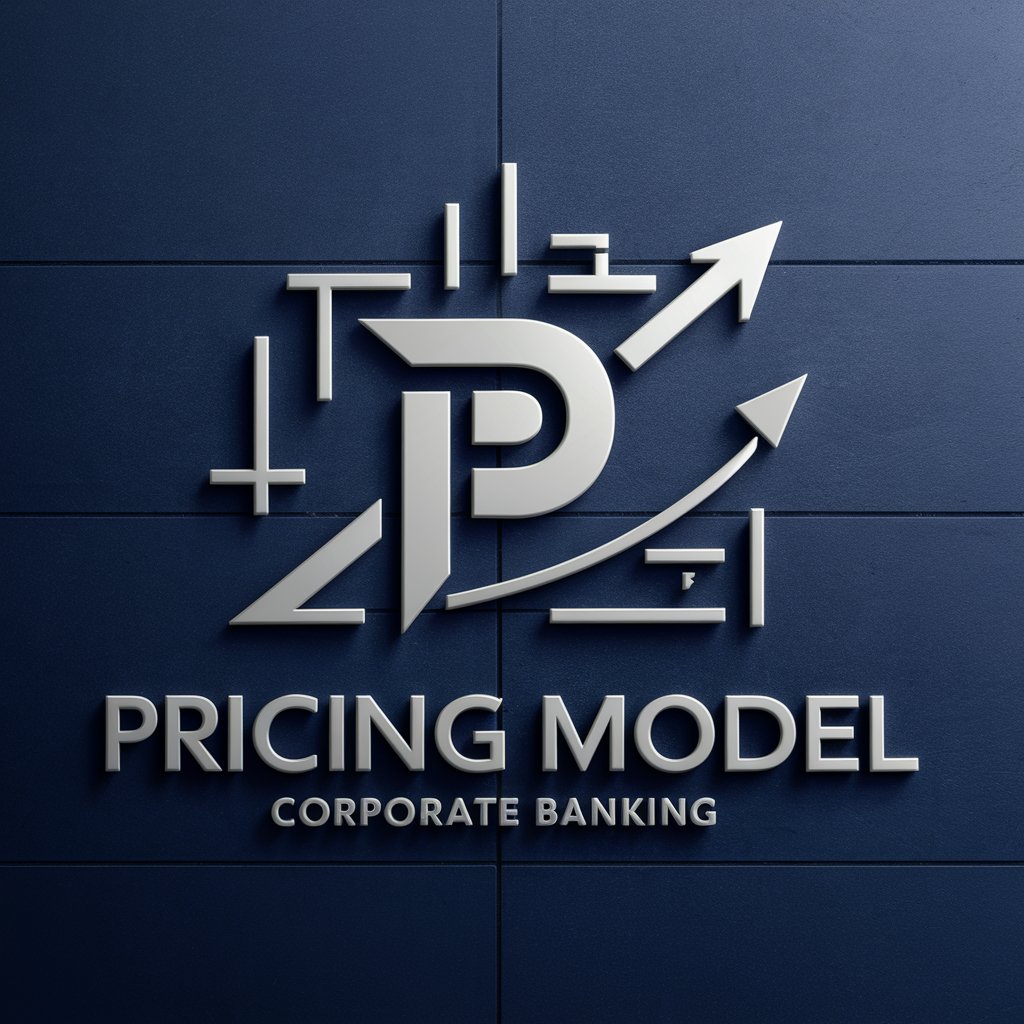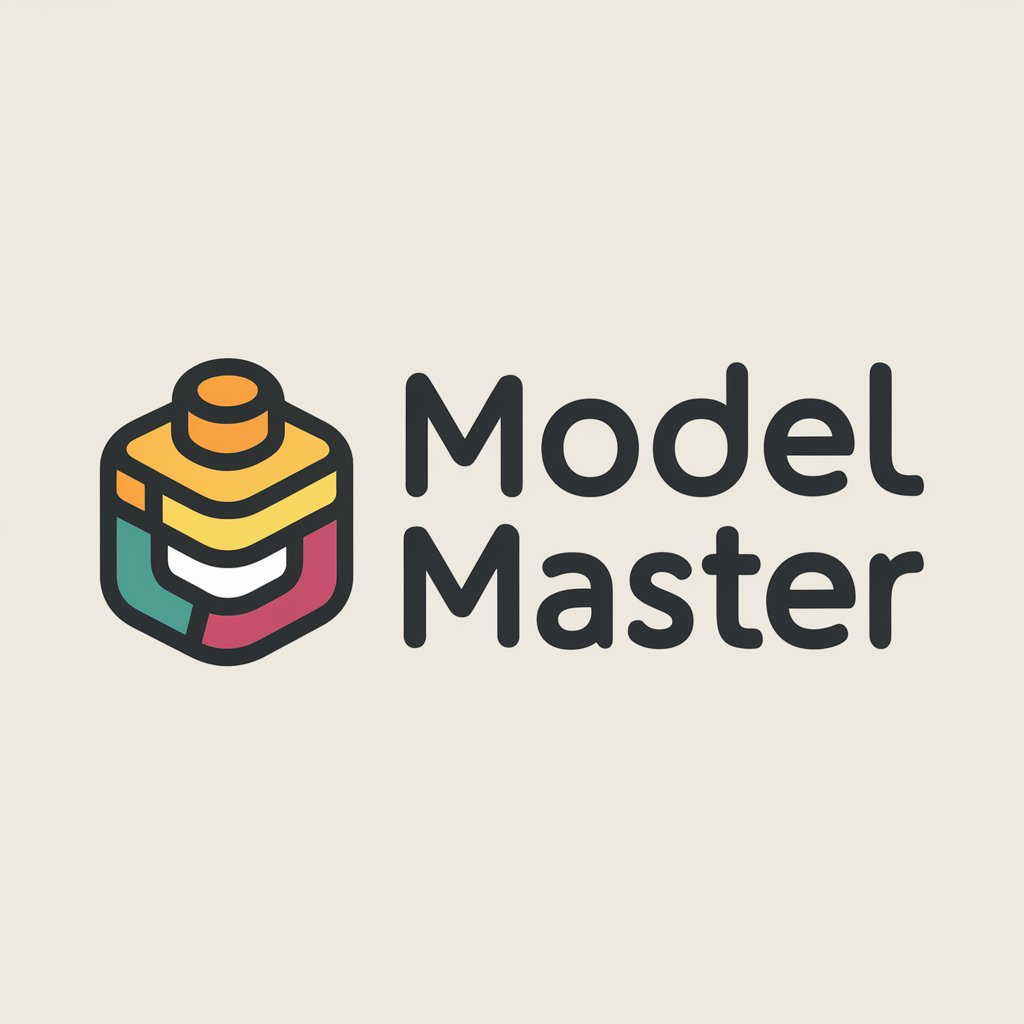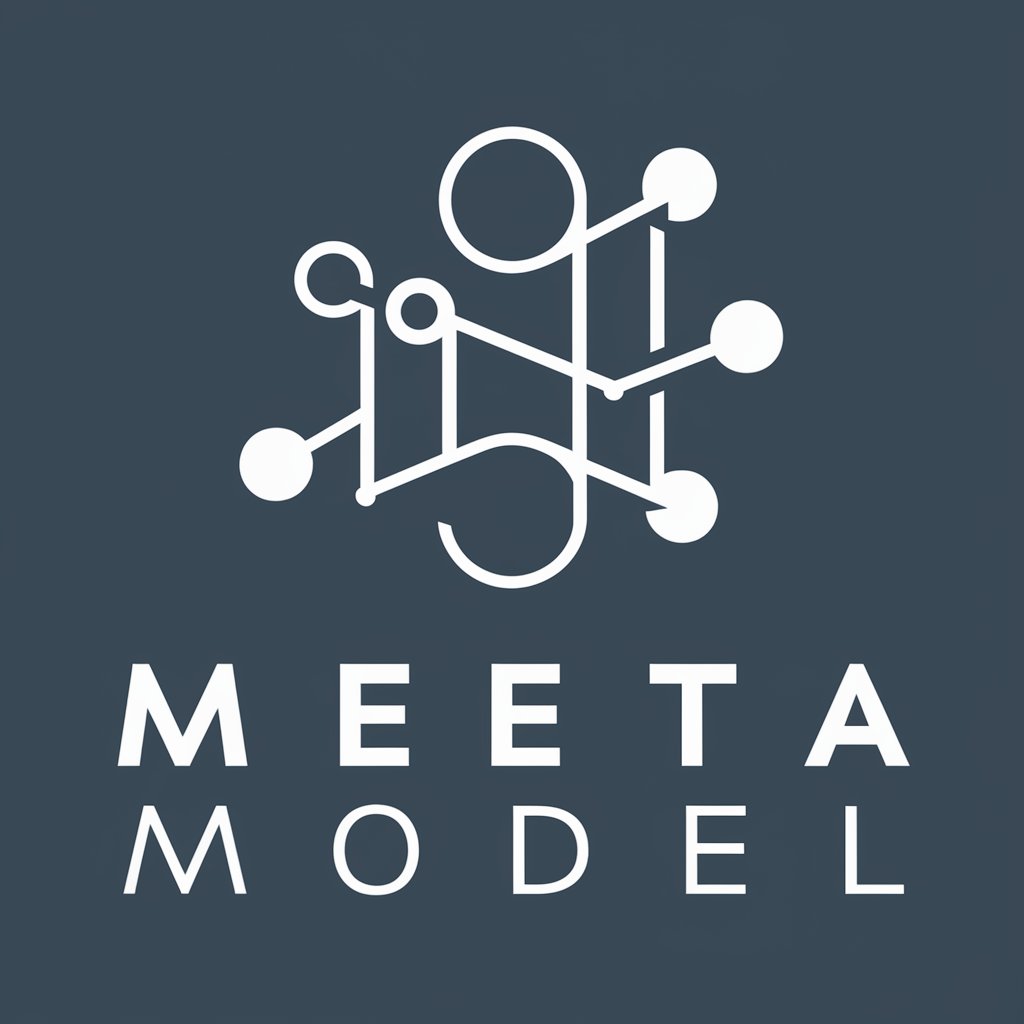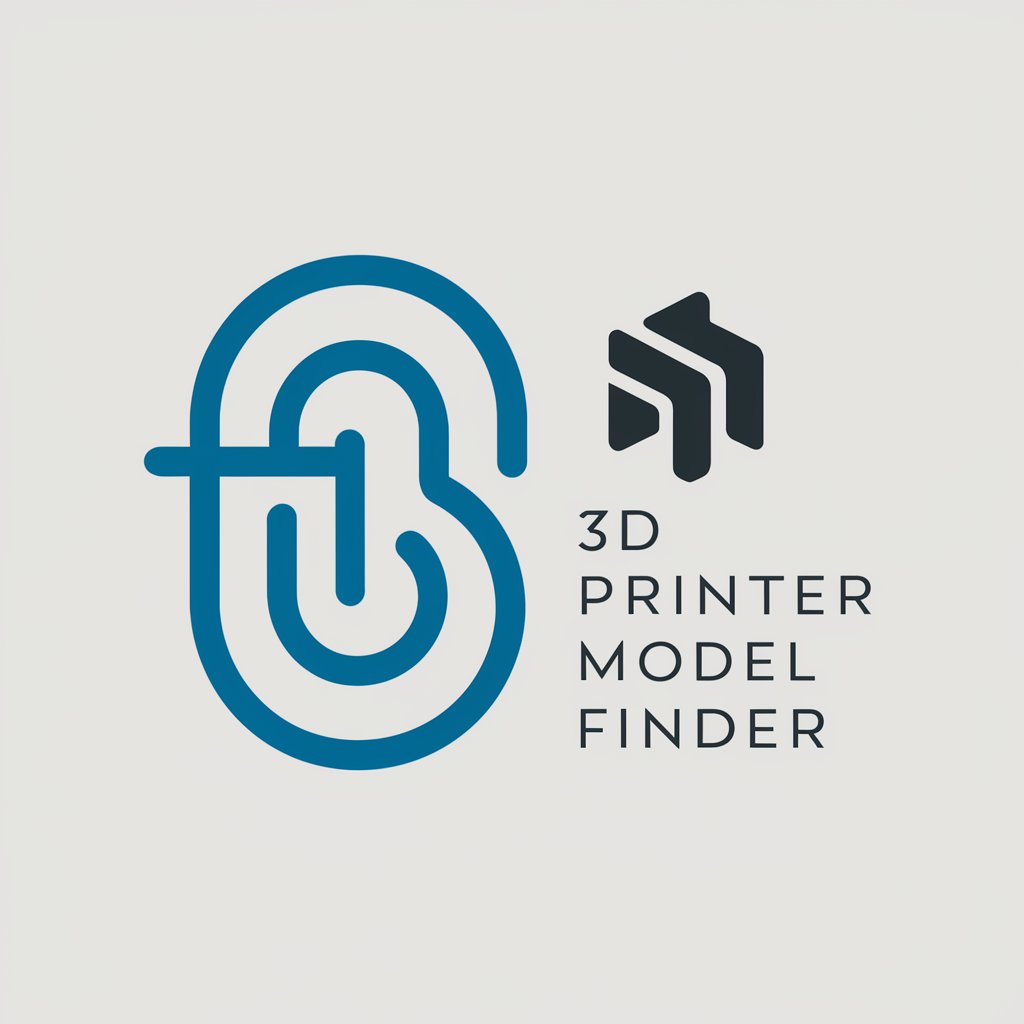Pricing Model - Corporate Banking AI

Welcome to Pricing Model, your expert guide in corporate banking pricing strategies.
Optimize banking pricing with AI
What are the key factors to consider when developing a pricing strategy for corporate banking products?
How can market dynamics influence the pricing models for corporate banking?
What innovative approaches can be applied to optimize pricing in corporate banking?
Can you provide an example of a successful pricing model in the corporate banking sector?
Get Embed Code
Introduction to Pricing Model
Pricing Model is a specialized GPT crafted to assist in the development and refinement of pricing strategies for corporate banking products. It is designed to analyze and synthesize complex market data, regulatory constraints, and customer behavior to suggest innovative pricing models. This tool leverages a combination of AI-driven insights and sector-specific knowledge to provide tailored advice on pricing dynamics. For instance, in helping a bank determine the pricing strategy for a new business loan product, Pricing Model can evaluate factors like competitor pricing, cost of capital, and risk metrics to suggest optimal pricing tiers. Powered by ChatGPT-4o。

Core Functions of Pricing Model
Market Analysis
Example
Analyzing trends in corporate banking fees for cash management services across various markets.
Scenario
A bank wants to revise its fees for multinational corporate clients and uses Pricing Model to understand how similar services are priced in different regions, adjusting their fees to remain competitive while ensuring profitability.
Risk Assessment
Example
Evaluating the risk-adjusted pricing strategies for commercial lending products.
Scenario
A bank utilizes Pricing Model to integrate credit risk data with loan pricing, thereby devising a model that aligns pricing with the perceived risk of borrowers, enhancing the bank's risk management framework.
Regulatory Compliance Impact
Example
Assessing the impact of new financial regulations on product pricing.
Scenario
Following the introduction of stricter capital requirements, a bank uses Pricing Model to recalibrate the pricing of its loan products to reflect the increased capital costs while staying compliant with new regulations.
Ideal Users of Pricing Model Services
Corporate Bankers
Banking professionals involved in product management and pricing will find Pricing Model particularly useful for integrating complex financial and market data into actionable pricing strategies.
Risk Managers
Risk management personnel can use Pricing Model to understand how pricing adjustments can reflect the risk profile of their portfolios, helping them align prices with risk appetite and regulatory frameworks.
Financial Strategists
Executives and strategists looking to innovate or recalibrate their financial products in response to market changes or strategic shifts will benefit from the insights provided by Pricing Model, enabling informed decision-making.

Guidelines for Using Pricing Model
Step 1
Initiate your journey by accessing yeschat.ai to explore Pricing Model capabilities without the need for a login or subscription to ChatGPT Plus.
Step 2
Define your business or research objectives to align with Pricing Model's capabilities, ensuring that your focus is on corporate banking product pricing strategies.
Step 3
Input relevant data such as market trends, customer behavior, and product details to tailor the model's output to your specific needs.
Step 4
Utilize the output to analyze pricing scenarios and optimize your banking products' pricing structures accordingly.
Step 5
Regularly update your inputs to reflect current market conditions and iterate your pricing strategy as needed to maintain competitiveness.
Try other advanced and practical GPTs
Model Thinker_1.1
Rethinking Concepts with AI

Model Architect
Transforming Ideas into Detailed Models with AI

Model Master
Craft Your Vision with AI

Model Intuition
Empowering Analytics with AI

Game Assistant
Empower your gameplay with AI

Game Gao
Master ARPGs with AI-powered Insights

Meta Model
Model Complex Systems with AI

3D Printer Model Finder
Find Your Next 3D Print Easily

Financial Mathematics Model Solver
AI-powered precision in financial mathematics

SysML v2 Model Creator
AI-powered SysML v2 Modeling Simplified

He Zhang
Revolutionizing Software with AI

iam: u-He Hive Helper
Elevate Your Sound with AI

Frequently Asked Questions About Pricing Model
What is the primary function of Pricing Model?
Pricing Model specializes in developing pricing strategies for corporate banking products, integrating market dynamics, customer behavior, and regulatory considerations into customizable pricing scenarios.
How does Pricing Model handle data security?
Pricing Model prioritizes data security by adhering to strict data management protocols, ensuring all user inputs remain confidential and are handled with the highest security measures.
Can Pricing Model adapt to different market conditions?
Yes, Pricing Model is designed to be highly adaptable, allowing users to input varying market conditions and automatically adjusting recommendations based on the most current data available.
What types of data are required for optimal use of Pricing Model?
For optimal use, Pricing Model requires comprehensive data on market trends, competitive analysis, customer segmentation, and product performance metrics.
Is technical expertise required to use Pricing Model effectively?
While having a background in finance or economics can be beneficial, Pricing Model is designed with a user-friendly interface that allows individuals without technical expertise to effectively utilize its features.
